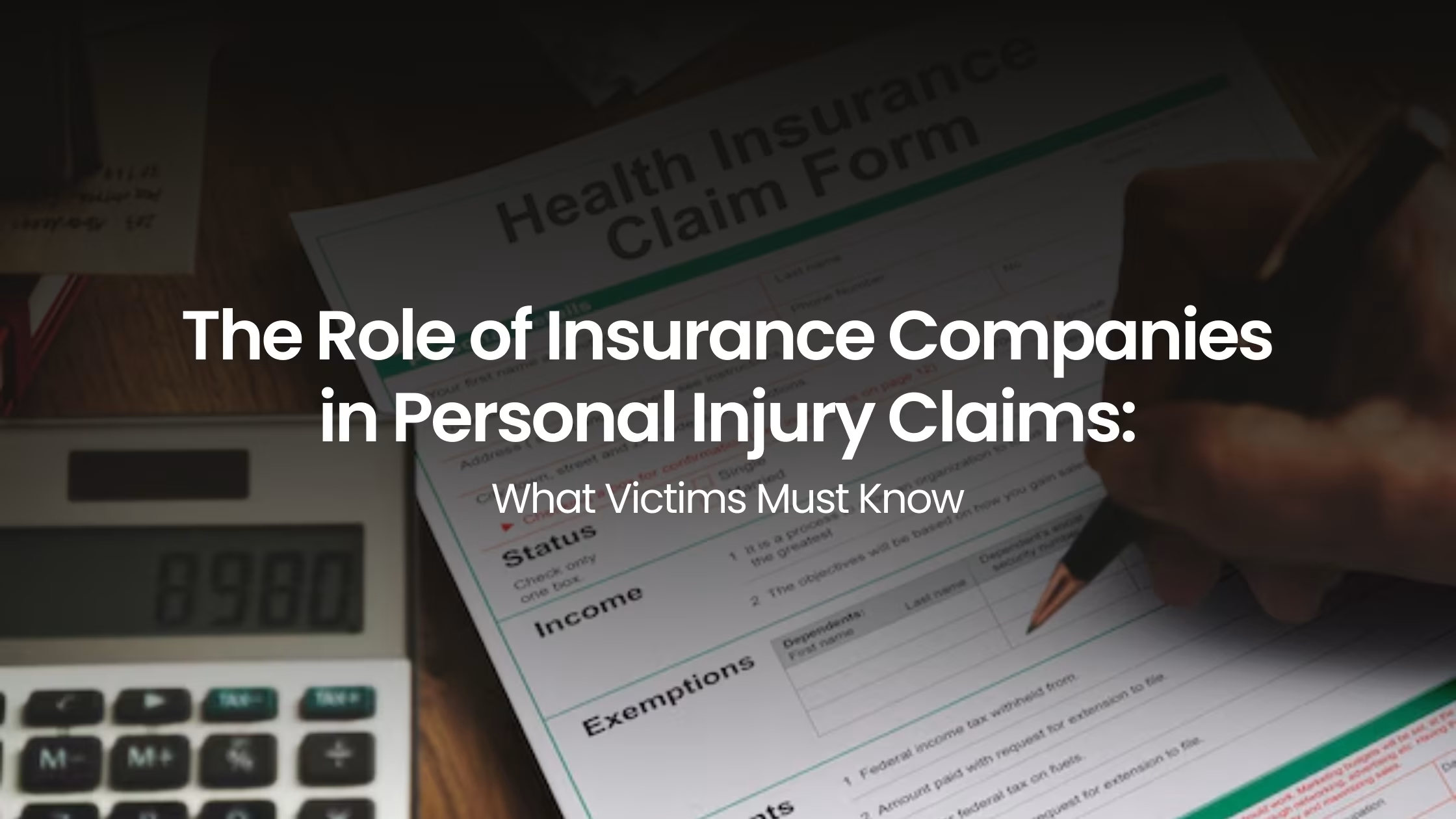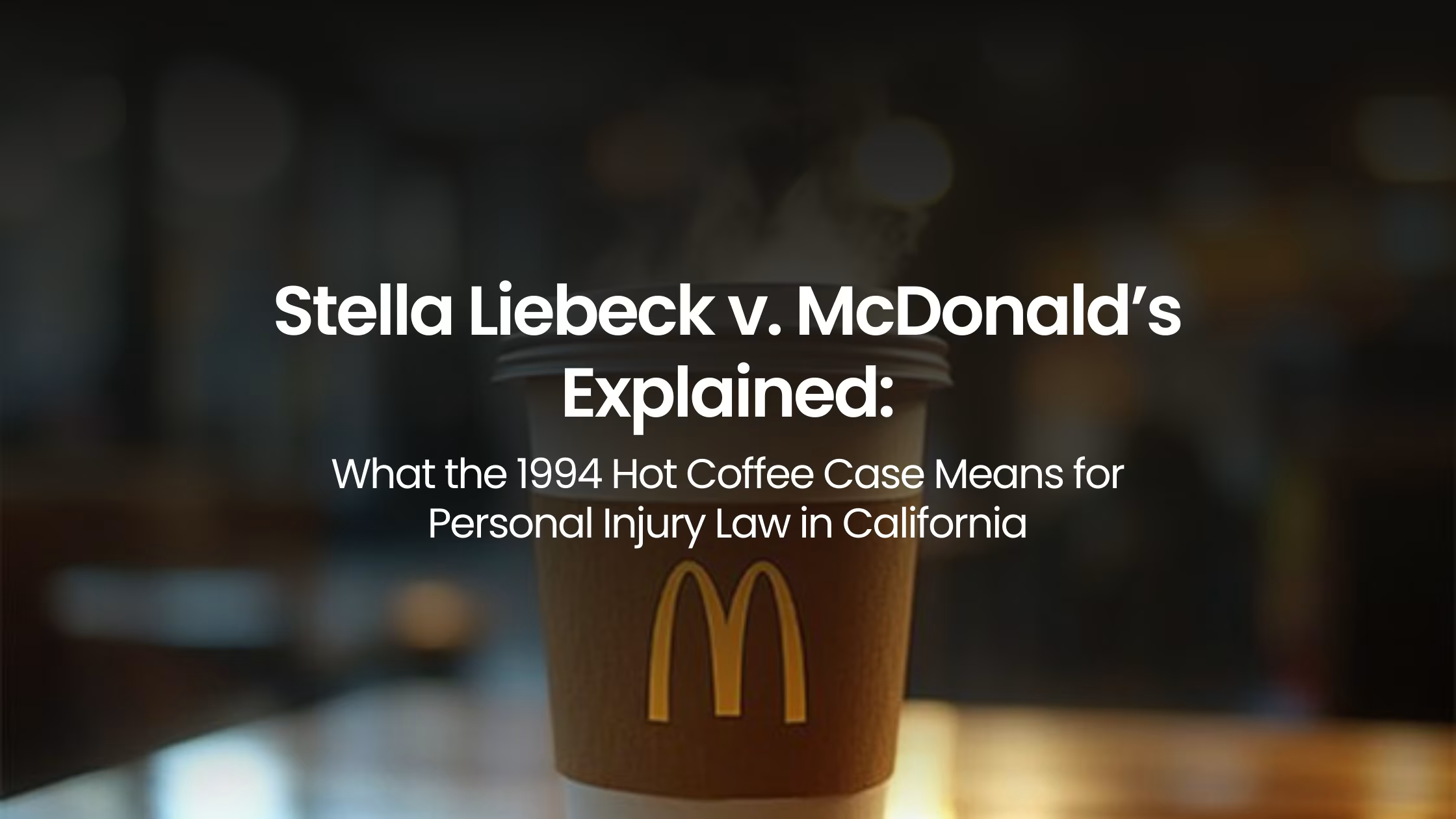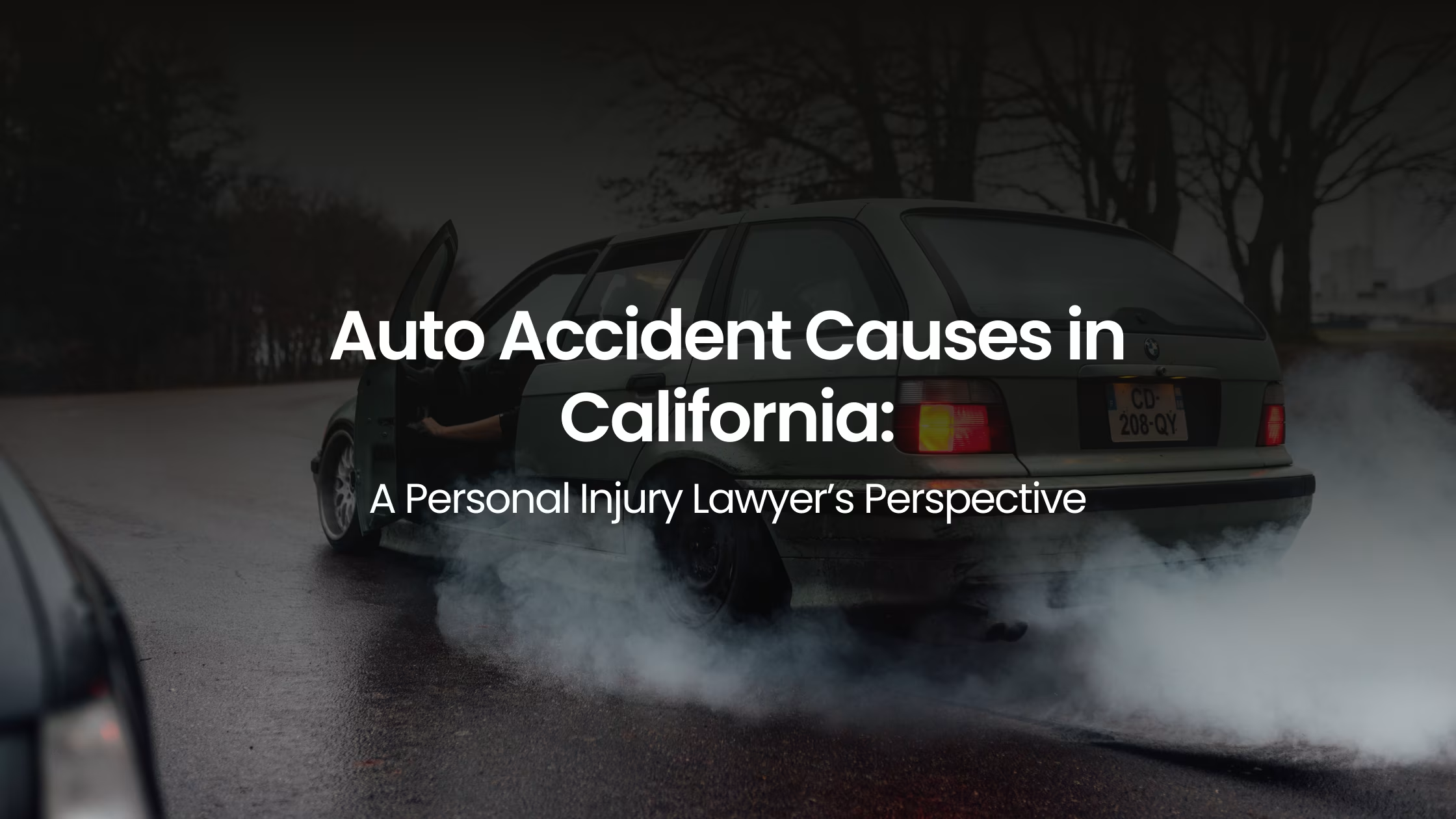When someone is injured due to another’s negligence, they often find themselves not only battling physical pain but also fighting insurance companies. Insurers are powerful and highly strategic and knowing their tactics can dramatically affect the outcome of your personal injury claims.
At Ladva Law, based in San Francisco and serving all of California, we’ve helped clients navigate insurance negotiations, avoid traps, and obtain full compensation. Here’s a deep dive into the tactics insurers use, real-world case examples, and how an attorney for injury claim can level the playing field.
Common Tactics Used by Insurance Companies
Insurance adjusters and defense teams are trained to minimize payouts. Here’s what they often use:
- Quick Settlement Offers: Insurers often reach out immediately after an accident with a lowball offer, hoping you accept before knowing your claim’s full value.
- Recorded Statements: Adjusters may ask for a recorded statement early, before injuries fully emerge. Anything you say can later be twisted.
- Medical Release Forms: Insurers may request broad medical authorization to dig through your entire health history and discredit your claim.
- Denying Liability: They may flat-out deny responsibility or blame you, even if it's weak especially exploiting comparative negligence laws.
- Downplaying Injuries: Adjusters often argue that your injuries are minor, exaggerations, or pre-existing. Weaker cases waiting on medical evidence are especially vulnerable.
- Delays: Stretching out the process increases financial strain and pressure to accept a low offer.
- Surveillance & Monitoring: Insurers may hire investigators or monitor your social media to find evidence contradicting your physical limitations.
Bad Faith Tactics: Some insurers misrepresent policy terms, deny or undervalue claims, or refuse to investigate fairly.
Real-Life Insurance Dispute Case Study
In January 2025, a Nevada jury awarded $100 million in punitive damages plus $14 million in compensatory damages to Timothy Todd Kuhn, who suffered severe injuries in a car accident. USAA initially denied liability and offered just $10,000 before litigation. The court found bad-faith denial and reversed their position.
Takeaway: Even national insurers may tighten the purse strings until compelled to act, underscoring the importance of pushing back with legal backing.
Why You Need a personal injury claim lawyer
Insurance adjusters count on your lack of legal knowledge, especially when they suggest you don’t need an attorney. A dedicated personal claims lawyer or personal injury solicitor can:
- Protect you from harmful recorded statements or blanket authorizations.
- Determine and document full claim value, including future medical and pain and suffering.
- Counter comparative fault or blame-shifting tactics effectively.
- Use evidence and expert reports to validate injuries, especially soft-tissue or emotional trauma.
- Handle delays with firm follow-up, preventing drag-outs.
Landmark Case Insight: Anderson v. General Motors
In this high-profile wrongful death and product liability case, Anderson v. GM, the plaintiff’s legal team secured a record-setting $4.9 billion verdict due to GM’s failure to warn about defectively designed fuel tanks. That case highlights the critical role of legal expertise and that insurers and corporations often go to trial to protect their bottom line.
Legal Perspective from Ladva Law
As a trial lawyer with over 25 years of experience in San Francisco and Bay Area courts, I’ve seen first-hand how insurers exploit the vulnerable, especially when claimants are unaware of full claim value or settlement tactics.
Insurance companies often bank on settlement fatigue. You may get sued or offered a fraction of what you deserve simply because they know an average person will accept early. At LADVA LAW, we prepare cases for trial, even when dealing with insurance companies to ensure you recover all damages you’re entitled to.
How to Safeguard Your Claim
- Consult a lawyer early, won’t delay treatment or investigations.
- Refuse recorded statements or broad medical releases without counsel.
- Document everything photos, treatment plans, lost time, pain levels.
- Refuse early offers until full medical prognosis is clear.
- Demand justification for low settlement offers or escalate to lawsuit.
- Limit social media sharing until case is resolved.
Quick Overview: Tactics vs. Victim Impact
Need Help with a Personal Injury Claim?
At Ladva Law, our approach is aggressive, strategic, and backed by 25+ years of courtroom experience. Whether you need clarity on a claim after a car crash, slip-and-fall, or workplace incident, we offer a free consultation and we go to trial when necessary.
We understand the tactics insurers use because we’ve seen them all before. You deserve fair compensation and we’ll help you secure it.
If you’re facing resistance or delay from an insurer, or if your claim feels undervalued don’t go through it alone. Contact us today and let us fight on your behalf.





